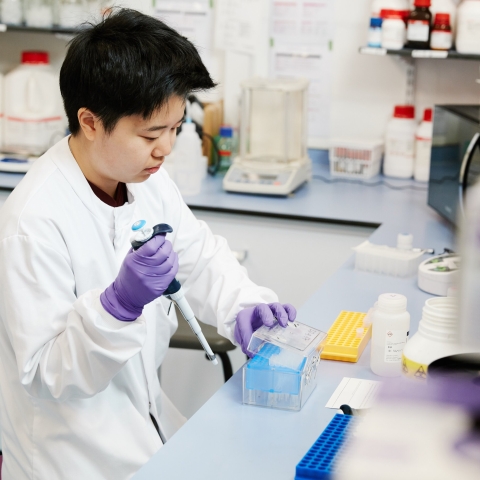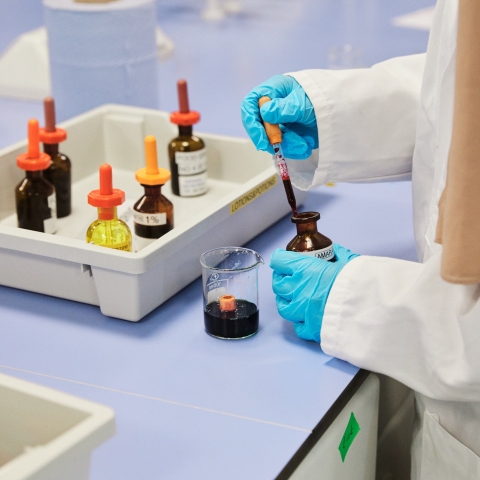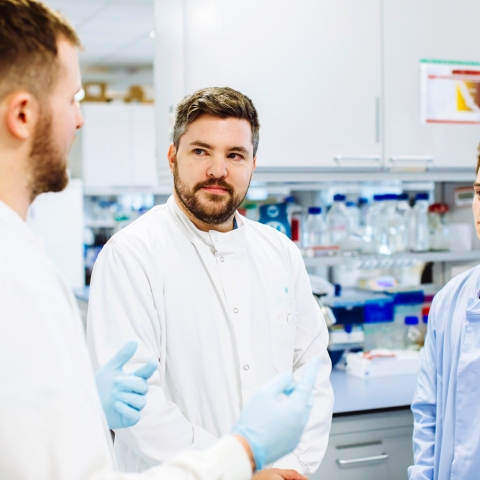

Pharmacology
A degree in pharmacology provides a solid grounding in scientific knowledge and opens up opportunities in a wide range of careers.
As a Pharmacology student you will gain understanding of medications, their sources, chemical properties, biological effects and therapeutic uses. You will explore drug interactions in biological systems, the formulation and operation of clinical trials, drug regulation and the marketing of pharmaceuticals.
This career guide is designed to help University of Portsmouth students and recent graduates explore job options, key employers, and entry routes into the Pharmacology sector.








